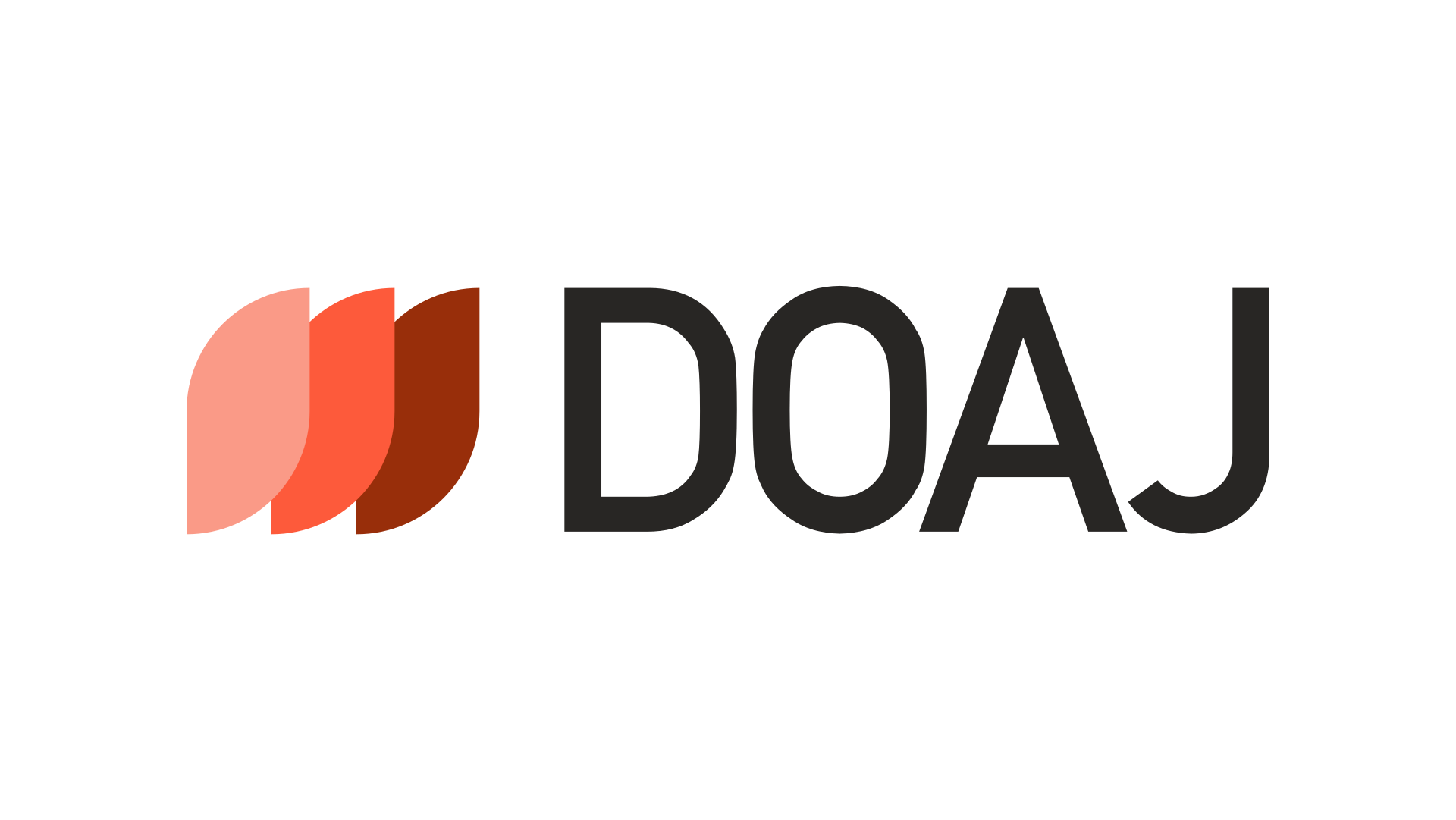The dilemma in balancing involuntary e-leadership system for job satisfaction (Voices of employees at Dinas Perhubungan Kota Denpasar)
DOI:
https://doi.org/10.38043/revenue.v2i2.4131Keywords:
E-leadership, Work Life Balance, Job SatisfactionAbstract
E-leadership is a new style of leadership that uses technology as the main medium to communicate and move teams. Considering that technology is currently very developed, this becomes very easy and at the same time challenging because it needs to adapt and adjust to the workforce. The workforce needs to balance their work and life in order to work as optimally as possible and achieve the goals of the company. Work-life balance is one of the important factors that affect employee job satisfaction where the better the work-life balance, the higher the employee job satisfaction and vice versa. This research was conducted at Dinas Perhubungan Kota Denpasar. The number of respondents was 75 office employees, processed using SPSS. From the research results, it was found that e-leadership has a significant effect on job satisfaction, work-life balance has an insignificant effect on job satisfaction, also e-leadership and work-life balance have a significant effect on job satisfaction in Dinas Perhubungan Kota Denpasar.
References
Articles
Abdullah, H., & Valentine, B. (2009). Fundamental and ethical theories of corporate governance. In Middle Eastern Finance and Economics, 4(4), 88–96.
Adiningtyas, S. W. (2016). Pelaksanaan Layanan Informasi Dengan Movie Maker Dalam Meningkatkan Self-Regulated Learning. Jurnal Kopasta, 3(1), 9-13.
Agha, K., Azmi, F. T., & Irfan, A. (2017). Work-Life Balance and Job Satisfaction: An Empirical study Focusing on Higher Education Teachers in Oman. International Journal of Social Science and Humanity, 7(3), 164–171. https://doi.org/10.18178/ijssh.2017.v7.813
Alfatihah, I., Nugroho, A. S., Haessel, E., & Maharani, A. (2021). The Influence of Work-Life Balance with Work Motivation as Mediating Factor on Job Satisfaction A Prediction toward Transition to New Normal Situation. The Management Journal of Binaniaga, 6(1), 79-94. https://doi.org/10.33062/mjb.v6i1.431
Asghar, S., and Oino, I. (2018). Leadership Styles and Job Satisfaction. College of Management Sciences, XIII(1), 1–13.
Barnett, D. E. (2018). Online adjunct faculty: A quantitative examination of the predictive relationship between leadership and job satisfaction. International Journal of Research in Education and Science, 4(1), 226–236. https://doi.org/10.21890/ijres.383159
Chaitra, R., Kumar, A., & Murthy, R. (2016). A study on the work-life balance of the employees at bosch ltd, bangalore. International Journal of Social Research, 12(3), 61-68.
Endeka, R., Rumawas, W., and Tumber, T. (2020). Worklife Balance dan Kompensasi terhadap Kepuasan Kerja Karyawan. Unsrat Journal, 1(5), 439-440.
Fuadiputra, I. R., & Rofida Novianti, K. (2021). The Effect of Work Autonomy and Workload on Job Satisfaction of Female Workers in the Banking Sector: Mediating the Role of Work-Life Balance. The Winners, 21(2), 85–91. https://doi.org/10.21512/tw.v21i2.6908
Ganapathi, I. M. and Gilang, A. (2016). PENGARUH WORK-LIFE BALANCE TERHADAP KEPUASAN KERJA KARYAWAN (STUDI PADA PT. BIO FARMA PERSERO). Ecodemica Jurnal Ekonomi, Bisnis dan Manajemen, 3(1), 506-511.
Iriqat, R. A. M., & Khalaf, D. M. S. (2017). Using E-Leadership as a Strategic Tool in Enhancing Organizational Commitment of Virtual Teams in Foreign Commercial Banks in Northwest Bank -Palestine. International Journal of Business Administration, 8(7), 25-36. https://doi.org/10.5430/ijba.v8n7p25
Mahdinezhad, M., Suandi, T. Bin, Silong, A. D., & Omar, Z. B. (2013). Transformational, transactional leadership styles and job performance of academic leaders. International Education Studies, 6(11), 29-34. https://doi.org/10.5539/ies.v6n11p 29
Mansor, Z. D., Mun, C. P., Farhana, B. S. N., & Tarmizi, W. A. N. (2017). Influence of transformation leadership style on employee engagement among Generation Y. International Journal of Economics and Management Engineering, 11(1), 161–165.
Meenakshi, P., Subrahmanyam, V., & Ravichandran. (2013). The importance of work-life balance. IOSR Journal of Business and Management, 14(3), 31–35.
Putriastuti, B. C. K. and Stasi, A. (2019). HOW TO LEAD THE MILLENNIALS: A REVIEW OF 5 MAJOR LEADERSHIP THEORY GROUPS. Journal of Leadership in Organizations, 1(2). http://dx.doi.org/10.22146/jlo.46562
Shahzad, M., Qu, Y., Ur Rehmadn, S., Zafar, A. U., Ding, X., & Abbas, J. (2020). Impact of knowledge absorptive capacity on corporate sustainability with mediating role of CSR: analysis from the Asian context. Journal of Environmental Planning and Management. https://doi.org/10.1080/09640568.2019.1575799
Wardani, N. W. R. dan Ratnadi, N. M. D. (2017). Pengaruh Kecerdasan Emosional, Kecerdasan Intelektual, dan Perilaku Belajar pada Tingkat Pemahaman Akuntansi. E-Jurnal Akuntansi Universitas Udayana 20(2), 1133-1161. ISSN 2302-8556
Wolor, C. W., Solikhah, S., Fidhyallah, N. F., and Lestari, D. P. (2021). Effectiveness of E-Training, E-Leadership, and Work-Life Balance on. The Journal of Asian Finance, Economic and Business, 7(10), 443-450. https://doi.org/10.13106/jafeb.2020.vol7.no10.443
Books
Anderson, D. R., Sweeney, D. J., & Williams, A. T. (2008). Statistic for business and economics (10th Ed.). Ohio: South-Western - Thomson Learning.
Azwar, S. (2011). Sikap dan Perilaku Dalam: Sikap Manusia Teori dan Pengukurannya. Pustaka Pelajar.
Bell, B. S. and Kozlowski, S. W. J. (2003). Work groups and teams in organizations. In D. R. I. W. C. Borman, & R. J. Klimoski (Ed.), Handbook of psychology: Industrial and organizational psychology (Vol. 12). Wiley.
Ghozali, I. (2019). Aplikasi Analisis Multivariete. Universitas Diponegoro.
Holcomb, Z. C. and Cox, K. S. (2018). Interpreting Basic Statistics. Taylor & Francis Group.
Hutcheson, P. (2012). Work-Life Balance. IEEE-USA.
Kreitner, R., Cassidy, C,. (2006). Management (12th Ed.). College Publishing.
Privitera, G. J., & Lynn, A. (2019). Research Methods for Education. SAGE Publications.
Saunders, M., & Lewis, P. (2016). In Thornhill Adrian. Research Methods for business students, 7.
Sugiyono. (2016). Metode Penelitian Kuantitatif, Kualitatif dan R&D. PT Alfabet.
Sugiyono. (2017). Metode Penelitian Managemen (4th Ed.). CV. Alfabeta.
Website
Dinas Perhubungan Kota Denpasar. (2020, Juli 22). ATCS Dinas Perhubungan Kot Denpasar. https://perhubungan.denpasarkota.go.id/berita/read/20658
Downloads
Published
How to Cite
Issue
Section
License
Copyright (c) 2021 Nyoman Sridiva Dian Prabarini

This work is licensed under a Creative Commons Attribution-ShareAlike 4.0 International License.











